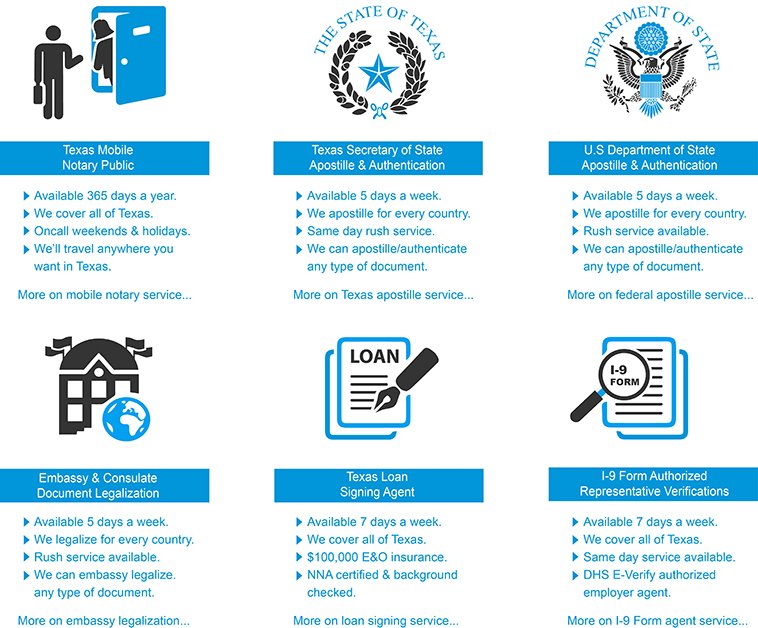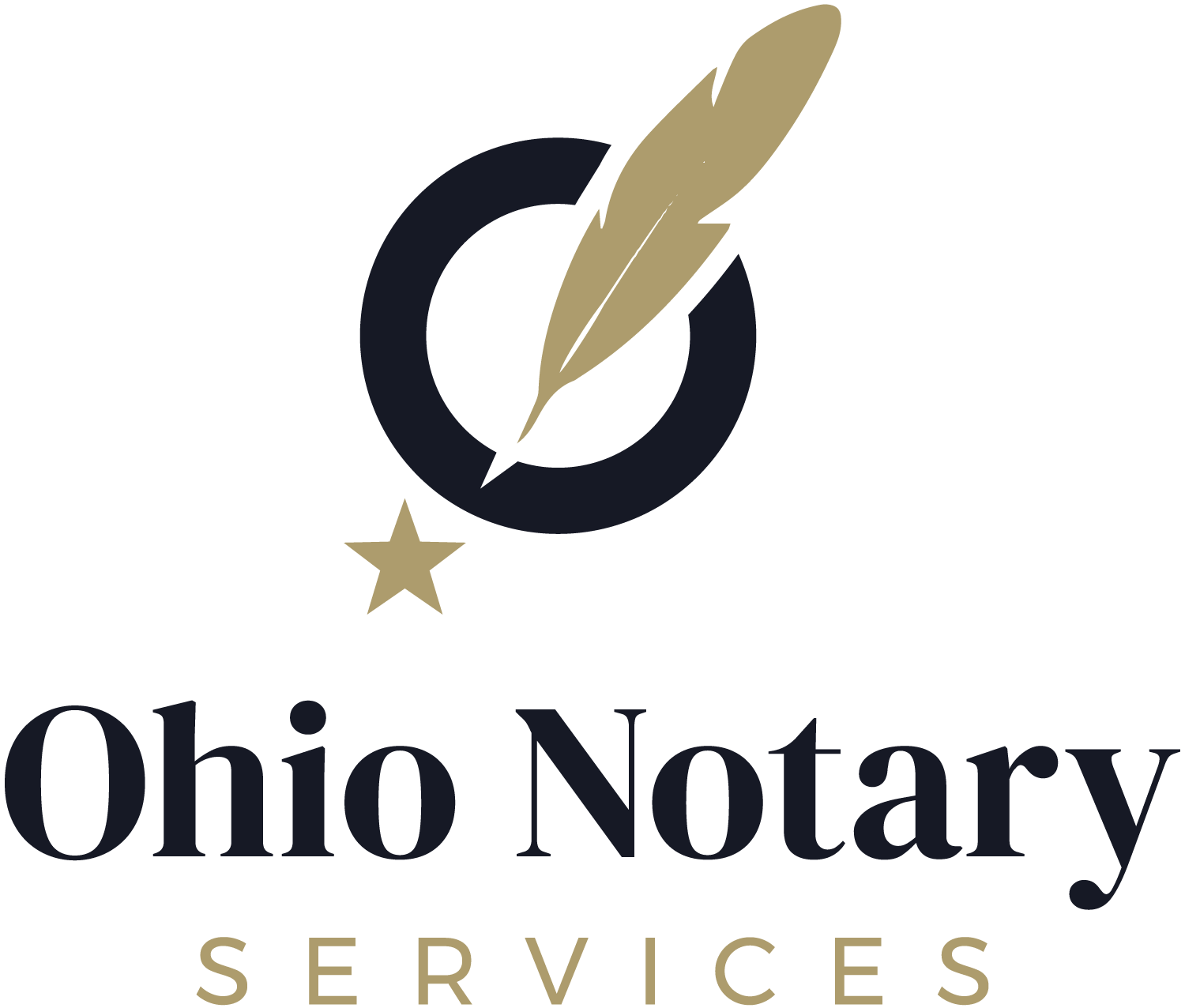Notary Public: Your Trusted Witness and Record Authenticator
Notary Public: Your Trusted Witness and Record Authenticator
Blog Article
Debunking Notarial Job: Streamlining the Duty and Relevance of Notaries
Their duty, often shrouded in mystery for many, lugs significant weight in making certain the validity and stability of vital documents. By unraveling the complexities surrounding notarial methods and shedding light on the relevance of their acts, a clearer understanding emerges of the crucial function notaries play in supporting the fabric of legal and lawful agreements.
The History of Notarial Job
The background of notarial work days back to old human beings, where scribes played a vital role in taping important information and authenticating records. This led to the advancement of notaries, individuals assigned by the state to act as unbiased witnesses in legal issues.
Throughout the Center Ages, notaries acquired importance in Europe, with their features expanding to include preparing legal documents, licensing signatures, and protecting records. The rise of worldwide profession further highlighted the relevance of notarial work in verifying contracts and agreements across borders.
In the modern-day era, notaries remain to play a crucial duty in lawful and company deals by validating identifications, verifying the credibility of documents, and stopping fraudulence. Their duty in licensing the credibility of arrangements includes a layer of protection and depend the ever-evolving landscape of commerce and law.

Duties and Obligations of Notaries
Notaries play an essential duty in validating the authenticity of papers and the identity of signatures. One of their primary responsibilities is to witness the signing of vital records, such as contracts, deeds, and wills, to make sure that all celebrations are getting in into contracts knowingly and willingly.
Additionally, notaries are charged with carrying out oaths and affirmations, which are critical in legal process and the implementation of testimonies. They accredit duplicates of initial files, giving assurance to institutions that the duplicates are true reproductions of the originals. Notaries need to keep exact records of all transactions they oversee to make certain openness and responsibility. In general, the responsibilities and responsibilities of notaries are important in protecting the stability and legality of different files and transactions.
Notarial Certificates and Signatures
Exhibiting careful interest to information, notarial certifications and trademarks serve as crucial parts in confirming the credibility of lawful files. Notarial certifications normally have essential info such as the day of notarization, the names of the notaries, a description of the file, and the notary's main seal. These certificates provide a clear record of the notarial click resources act, guaranteeing that the file can be quickly identified and mapped back to the notary who supervised the process.
Signatures play an essential function in notarial work, as they symbolize the arrangement and authorization of the parties included. Notaries carefully witness the finalizing of records to validate the identity of the signatures and confirm that they are signing of their own totally free will. By affixing their official seal and signature to the file, notaries license that the necessary procedures have been complied with which the record is enforceable and valid.
In essence, notarial certificates and trademarks are the characteristic of authenticity in lawful transactions, offering guarantee to all events included that the records are genuine and binding.
Significance of Notarial Acts

Notarization Process Discussed
The registration process normally starts with the private offering the document to a notary public. When the identity is validated, the notary makes certain that the individual signing the record does so voluntarily and without any type of browbeating.

Final Thought

Notarial certificates typically include important details such as the date of notarization, the names of the signatories, a summary of the document, and the notary's main seal. These certifications give a clear document of the notarial act, making sure that the record can be easily recognized and traced back to the notary who looked after the procedure.
By fastening their official seal and signature to the paper, notaries license that the essential procedures have been complied with and that the paper is enforceable and valid.
By validating the identification of the signatories, confirming their determination to get in right into the arrangement, and licensing the day and area of the finalizing, notaries play a critical duty in upholding the legitimacy of legal documents.After the file is signed, the notary will attach their main seal or stamp onto the document.
Report this page